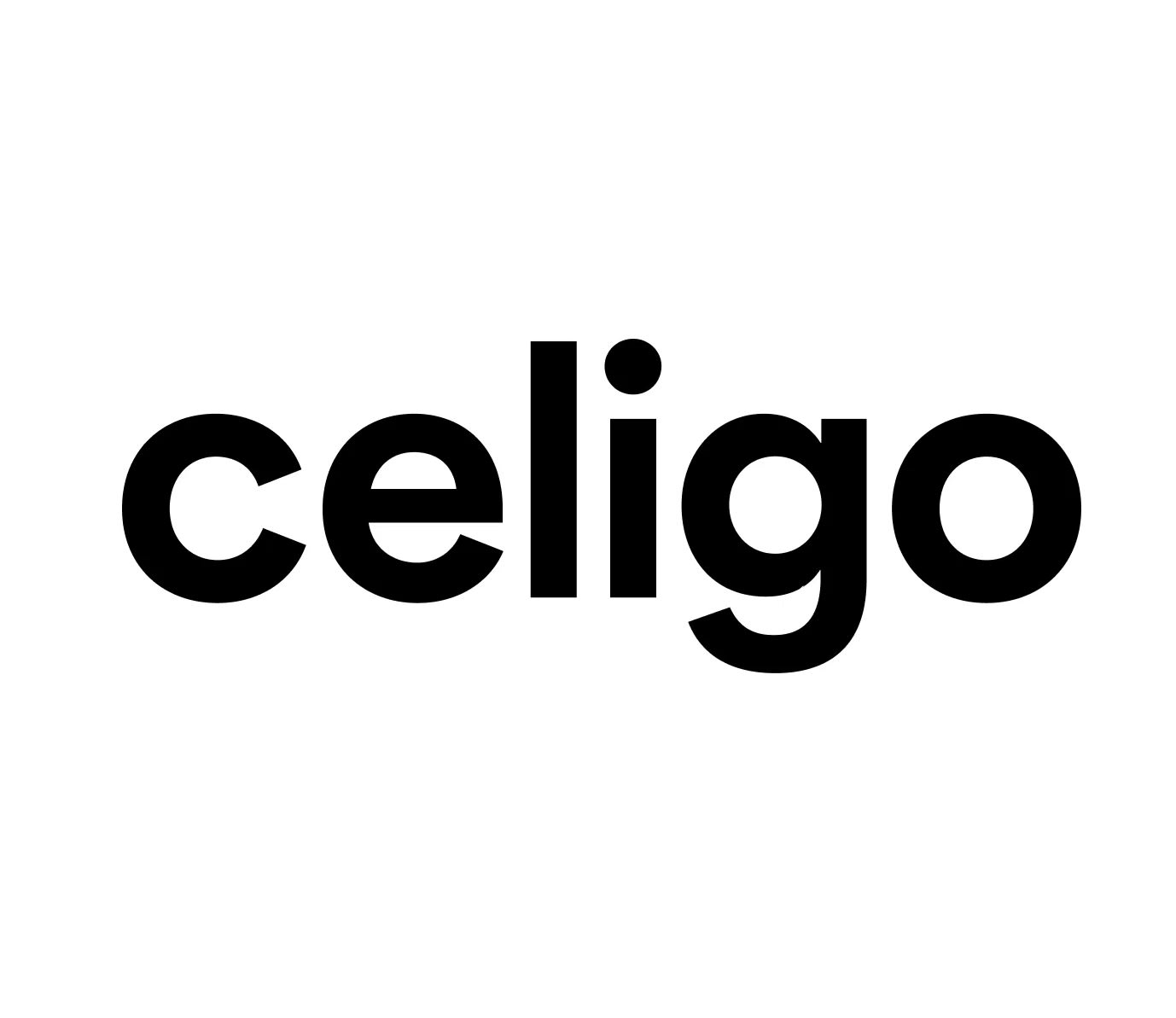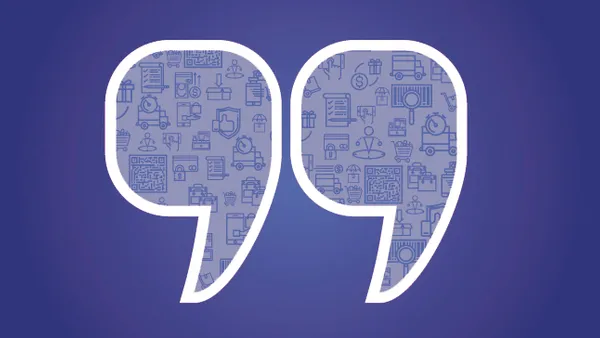Dive Brief:
-
Amazon devices like the Echo and Dot speakers and apps in mobile devices could provide some $10 billion in revenues by 2020 and be a "mega-hit," according to a note published by investment bank RBC Capital Markets on Thursday cited by CNBC.
-
Amazon is on track to sell some 60 million Alexa devices by 2020 for roughly $5 billion, which could bring the total number of such devices up to 128 million, according to the report. Consumer Intelligence Research Partners said in January that 8.2 million U.S. Amazon customers currently have Alexa-enabled Echo devices, according to data mailed to Retail Dive.
-
In September, just over a third of respondents in a survey of 1,748 Amazon customers had heard of Alexa, Echo and related products, according to a RBC survey. Another survey this month found that awareness had risen to 77%, and ownership of such devices rose from 13% to 87% in the same period, according to CNBC.
Dive Insight:
Amazon has had no trouble selling the Echo, the Dot and other Alexa-powered devices, and they were a particularly big hit at the holidays. Sales of Amazon devices, all of which now employ the company’s Alexa virtual assistant technology, were nine times higher for the 2016 holiday season than during the 2015 holiday shopping rush. Amazon did not provide specific sales numbers, but said that “millions of new customers will be introduced to Alexa.” Amazon also noted more than 72% of its customers worldwide used mobile devices to shop during the holiday season, and that shopping on the Amazon mobile app increased 56% during the period
Yet, it may not matter how many devices are sold if owners view them as a passing fad. If customers buy an Echo, use it to stream some music, buy a few things from Amazon, ask Alexa goofy questions until they get bored and never use it again, then the ecosystem Amazon is trying to build around them will go for naught.
RBC doesn’t see it that way, determining that by 2020, Amazon may have 500 million active customers globally, many of them employing Alexa to make purchases. Assuming a 40% adoption rate in the U.S. and 25% internationally, Alexa-enabled spending could account 5-15%, or $40, per customer by then. Alexa is leading the pack when it comes to voice assistance, becoming more prevalent than Apple’s Siri, Micosoft’s Cortana, Google’s Assistant and Samsung’s Viv in the ecosystems of various other connected-home devices.
But it’s not clear that the trajectory is such a straight line, with some hesitation growing among Americans about the role that such devices could have in undermining online privacy. Still, voice-assisted technology is growing rapidly, with Amazon alone ramping up Echo skills from 1,000 to 7,000 in the last seven months, with no end to that evolution in sight. “This was the week Alexa conquered [global consumer electronics and consumer technology tradeshow] CES,” Wired magazine wrote in January. “And this is the year Alexa conquers the world.”














